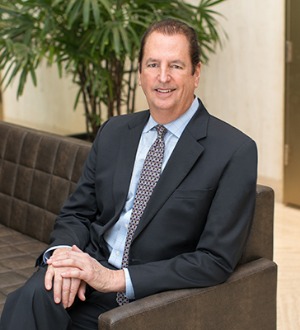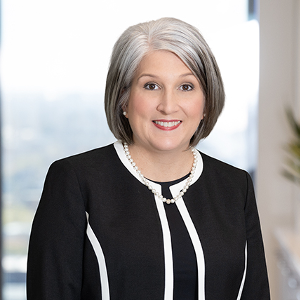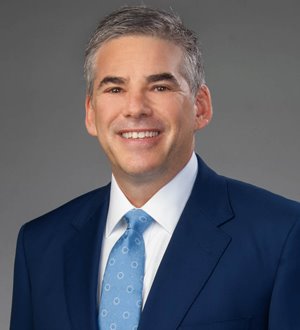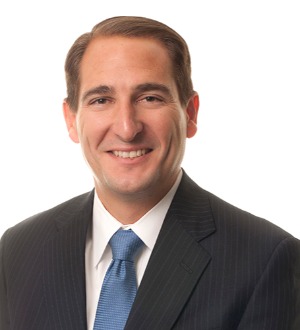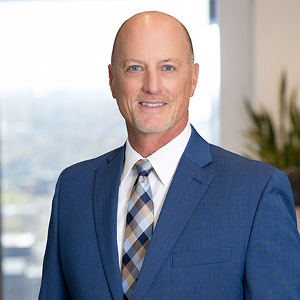On December 30, 2022, Governor Kathy Hochul signed the Foreclosure Abuse Prevention Act (FAPA), which significantly changed New York foreclosure law.
FAPA strengthened borrower defenses, clarified when lenders could no longer pursue remedies and extinguished certain rights and remedies previously available to lenders (mortgagees) under New York law.
Ironically, the law may deter some lenders from entering forbearance agreements with defaulted borrowers for fear of waiving foreclosure remedies.
- New York's Foreclosure Abuse Prevention Act (FAPA), signed in 2022, reshapes foreclosure law, especially affecting lenders' decisions to accelerate mortgages and initiating statute of limitations.
- This legislative change aims to protect borrowers by limiting lenders' ability to delay foreclosures, potentially reducing options for loan modifications or forbearance post-acceleration.
- Lenders face new procedural constraints and the need to exercise caution with acceleration due to limitations on litigation pauses and the potential for irreversible consequences.
- Stay ahead and understand these evolving statutory reforms that impact foreclosure practices and legal strategy, ensuring compliance and avoiding costly litigation mistakes.
Statute of Limitations and Acceleration
In New York, the statute of limitations to foreclose on a debt is six years from acceleration, meaning when the lender declares the full principal and interest due.
While this appears straightforward, complications arose after the 2007–2008 Financial Crisis. Court backlogs created uncertainty over when a debt is considered accelerated, particularly in workout or forbearance situations where a debt may be de‑accelerated, effectively restarting the clock.
Court Guidance on Acceleration and De-Acceleration
The New York Court of Appeals clarified acceleration and de‑acceleration, which directly affects when the six‑year statute of limitations begins and how lenders may reinstitute foreclosure actions.
Key Case Rulings:
- Freedom Mortgage Corp. v. Engel (37 N.Y.3d 1 [2021]): A verified foreclosure complaint is a clear and unequivocal act of acceleration. A complaint that does not clearly identify the debt being accelerated does not trigger lawful acceleration. A voluntary discontinuance revokes acceleration only when the act is unequivocal and overt.
- Wells Fargo Bank, N.A. v. Ferrato (37 N.Y.3d 1 [2021]): Where a foreclosure complaint failed to attach the modified note and mortgage, acceleration did not occur and the six‑year limitations period did not commence, permitting a new action on the modified balance.
- Deutsche National Trust Company v. Vargas (37 N.Y.3d 1 [2021]): A default notice referring to acceleration only as a future event did not constitute clear acceleration.
Implication: These rulings allowed lenders and borrowers to return to pre‑acceleration positions through de‑acceleration. A subsequent default and acceleration after de‑acceleration may trigger a new action with a separate statute of limitations.
For related legal strategy and practitioner guidance, see Best Lawyers’ New York Mortgage & Foreclosure Law.
Legislative Response to Freedom Mortgage v. Engel
The Foreclosure Abuse Prevention Act (FAPA) limited the Court of Appeals’ de‑acceleration framework from Engel.
Under FAPA:
Once a mortgage debt is accelerated through foreclosure, the statute of limitations begins to run and cannot be paused by voluntary discontinuance or unilateral lender action.
Lenders effectively must proceed with foreclosure once acceleration occurs, restricting the ability to pause litigation for loss mitigation, forbearance or loan modification without triggering statute of limitations consequences.
Statutory Changes Under FAPA
Real Property Actions and Proceedings Law (RPAPL)
- §1301: A lender may not file a second foreclosure action under the same mortgage without leave of the court that heard the first action. Failure to obtain leave is a defense for the borrower. Valid leave does not toll the limitations period. A second action is barred if the first was adjudicated beyond six years.
Civil Practice Law and Rules (CPLR)
- §203: Once the statute of limitations begins after acceleration, no party may unilaterally stop or reset accrual.
- §205‑a: A plaintiff may commence a second foreclosure action within six months of termination of a prior action if the limitations period still allows, except where the prior action ended by voluntary discontinuance or de‑acceleration.
- §213: Lenders may not argue that prior acceleration did not occur to avoid a limitations defense unless a court expressly ruled acceleration invalid.
- §3217: Voluntary discontinuances by stipulation or notice do not toll or reset the statute of limitations.
General Obligations Law (GOL) §17‑105
- Subdivision 4: Express or implied acknowledgments, waivers or agreements do not toll, postpone or reset the statute of limitations unless made in accordance with statutory requirements.
- Subdivision 5: Payments, part‑payments of principal or stipulations in foreclosure proceedings do not affect the statute of limitations or stop accrual.
These statutory reforms eliminated much of the flexibility available under pre‑FAPA de‑acceleration, requiring lenders to carefully consider acceleration decisions and limiting post‑acceleration negotiation options.
Practical Impact on Lenders and Borrowers
Since FAPA’s enactment:
- Lender strategy: Lenders must evaluate acceleration decisions carefully to avoid triggering statute of limitations issues that cannot be reset.
- Borrower considerations: Opportunities for negotiated resolutions after acceleration, such as forbearance or loan modification, are constrained absent a court‑recognized de‑acceleration.
The law has been the subject of ongoing litigation, including challenges regarding retroactivity and constitutional interpretation, reflecting that its application continues to evolve. Available data show variations in foreclosure filing activity in New York City, including modest increases in some years following prior declines, indicating foreclosure practice remains dynamic.
Assessment of Predictions vs Observed Outcomes
Early commentary anticipated that FAPA would reduce post‑acceleration workouts and increase lender caution. The statutory framework and subsequent case law substantiate an emphasis on procedural certainty over post‑acceleration flexibility. Litigation has continued around FAPA’s application and foreclosure trends suggest activity remains dynamic without a return to pre‑pandemic patterns.
Taken together, these developments confirm that FAPA has reshaped foreclosure practice in New York, with practical effects that continue to evolve through litigation and market behavior.
Balancing Borrower Protections and Market Realities
FAPA clarifies statutory protections and defines when the statute of limitations begins, imposing procedural constraints that require lenders to carefully consider acceleration and borrowers to meet higher thresholds for post‑acceleration relief absent court-recognized de‑acceleration.
While borrower rights are strengthened on paper, practical effects limit post‑acceleration workouts, with lenders proceeding cautiously to avoid triggering irreversible statute of limitations consequences.
Recent Court of Appeals decisions have upheld FAPA’s retroactive and constitutional application, preventing lenders from restarting the statute of limitations on dismissed foreclosure actions, a development praised by Legal Services NYC for protecting thousands of homeowners.
Lindsay Mesh Lotito is a Banking & Finance and Real Estate partner at Forchelli Deegan Terrana LLP in Uniondale, NY. She was most recently included in Best Lawyers: Ones to Watch® in America for 2023 in Banking and Finance Law.
Zachary J. Manasia is an associate in the Banking & Finance and Real Estate practice groups at Forchelli Deegan Terrana LLP.

